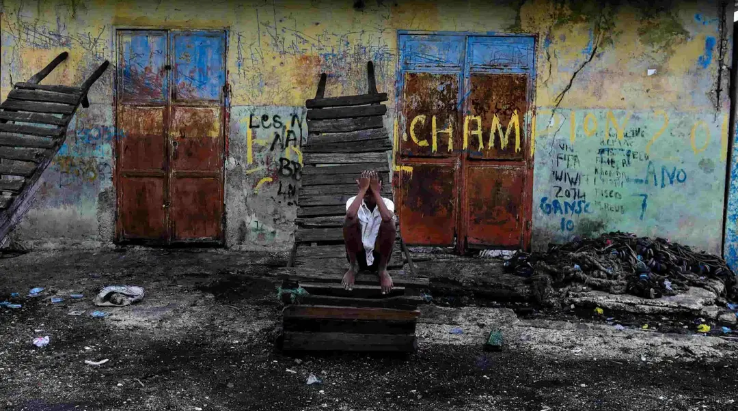Haiti: UNICEF Estimate 70% Rise in Child Gang Members
UNICEF's latest estimates claim that the number of Haitian children recruited by armed groups increased by 70% between Q2 2023 and Q2 2024....
Facts
- UNICEF's latest estimates claim that the number of Haitian children recruited by armed groups increased by 70% between Q2 2023 and Q2 2024.[1]
- UNICEF official Catherine Russell described the development as a 'vicious cycle...fueling their desperation,' with over 60% of the Haitian population living on $4/day and 85% of the country's capital city, Port-au-Prince, controlled by gangs.[2][3]
- 1.2M children live under the 'constant threat of armed violence,' while approximately 25% of the over 700K internally displaced are estimated to be children. The estimates also show that children now comprise up to 50% of all members of armed groups.[4]
- Earlier this month, Haitian Prime Minister Garry Conille was removed by the country's ruling nine-member transitional presidential council (TPC) after six months in the role, and replaced by Alix Didier Fils-Aimé. The TPC was established in April after former Prime Minister Ariel Henry resigned following gang uprisings.[5][6]
- Human Rights Watch is now reporting that sexual violence against women and girls by gangs is also escalating, with the UN noting a 1,000% increase in cases from January to October 2023 and January to October 2024.[7]
Sources: [1]Unicef, [2]Al Jazeera, [3]Associated Press, [4]UN News, [5]Verity, [6]BBC News and [7]Human Rights Watch.
Narratives
- Narrative A, as provided by Concernusa and Washington Post. The global community continues to do little to resolve the ongoing crisis. Humanitarian workers are doing their best amid attempts by a Kenyan-led security mission to secure peace and stop the gangs, but their missions are underfunded and understaffed with little sign of urgency from external observers to find a solution. The world must step up in its response if the global community is to see an end to this tragedy.
- Narrative B, as provided by The Hill and Al Jazeera. History has repeatedly shown that foreign intervention is not a credible long-term solution to Haiti's troubles. Although the situation is dire, the Haitian people must be the ones to find a solution. The international community should continue to offer vital humanitarian assistance and support local communities while acknowledging that political interference will not solve internal division.







